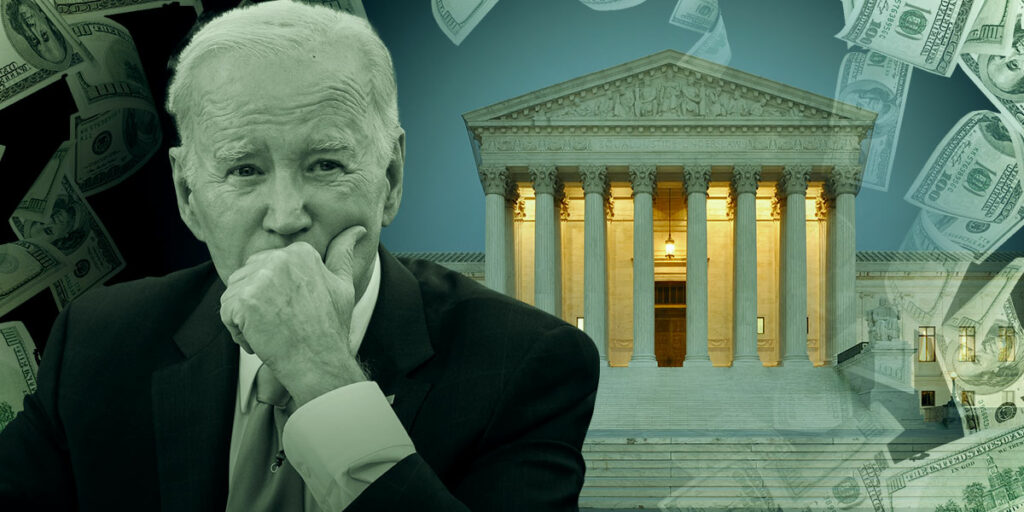
Self-avowed socialist and Democratic presidential hopeful Bernie Sanders is bringing his message to Dixie next week when he hosts campaign rallies at the Boutwell Auditorium in Birmingham and at Alabama State University in Montgomery.
Alabama, which has voted Republican in every presidential election since Ronald Reagan’s first victory in 1980 — usually by a wide margin — seems like an unusual place for the U.S. Senate’s most well-known hippie to spend time campaigning.
But a deeper look at Sanders’ message reveals that while he and Alabama’s most popular conservative, Sen. Jeff Sessions, have deep disagreements on how to solve the country’s problems, they are surprisingly on the same page when it comes to what many of those problems are.
Consider these two quotes:
Quote A:
We are moving toward an oligarchic form of society, where the billionaires will control the economy and the political life of this country.
[…]
There is a lot of sentiment that enough is enough, that we need fundamental changes, that the establishment — whether it is the economic establishment, the political establishment, or the media establishment — is failing the American people.
Quote B:
Three of our greatest ‘Masters of the Universe,’ I like to refer to, have joined in an op-ed in the New York Times just last week to share their wisdom from on high and to tell us in Congress how to do our business…
Sheldon Adelson… Warren Buffett… and Bill Gates… all super billionaires, aren’t happy, apparently. They don’t have much respect for Congress, and by indirection the people who elect people to Congress, it appears by the tone of their article.
[…]
Those three billionaires have three votes. The individual who works stocking the shelves at the grocery store, the barber, the doctor, the lawyer, the cleaners operator, [and] the person who picks up our garbage are every bit as valuable as they are. So I know who I represent. I represent citizens of the United States of America…
Both statements take direct aim at the big-money special interests who average Americans increasingly believe are controlling the country. Statement A was made by Sanders, the presidential candidate of choice for many in the Democratic Party’s far-left base. Statement B was made by Sessions, whose conservative political positions could not place him any farther away from Sanders’ views on the ideological spectrum.
So how is it that two pols who are diametrically opposed on basically every issue could sound so incredibly similar?
They’ve both — better than any other elected officials in the country — grasped the fact that “Americans of all stripes agree: The system is stacked against them.”
The Wall St. Journal’s Neil King lays out the results of an interesting NBC-WSJ poll:
58 percent of Democrats; “51 percent of Republicans; 55 percent of whites; 60 percent of blacks; 53 percent of Hispanics; as well as decent majorities of every age and professional cluster, including blue-collar workers, white-collar workers and retirees” all hold that belief that America’s economic and political systems are stacked against them.
But, just like Sens. Sanders and Sessions, there is significant disagreement among American voters about what should be done to rectify the inequities.
“A majority of Republicans who feel things are stacked against them say the government is doing too much,” King explained, “while an even larger majority of Democrats of similar mind think the government should do more.”
Sessions and other populist-leaning conservatives like Ted Cruz are proving that Republicans can compete and win by engaging this large and growing segment of the voting population.
“Anyone running for the White House in 2016 will want to appeal to this huge block of the politically and economically alienated,” King concluded.
So while Alabama is in no danger of becoming a blue state in 2016, don’t be surprised when you see “Bernie — not the billionaires” bumper stickers on cars driving down Alabama highways.












